Some 20,000 march in largest-ever Jerusalem Pride Parade, under heavy security
Amid anger over gay parental surrogacy rights, nation-state law, large crowds gather in the capital.
Reprint: The Times of Israel, 2 August 2018, 6:37 pm
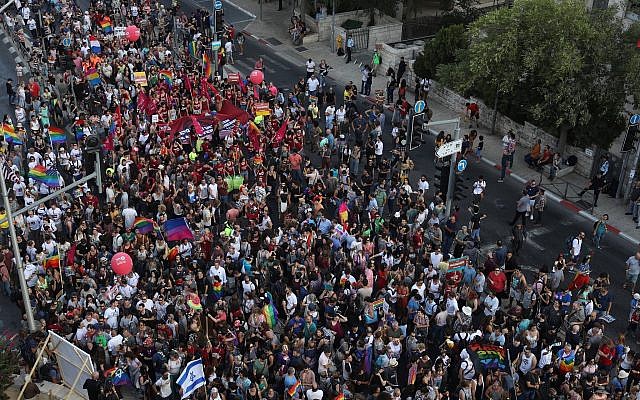 Jerusalem’s largest-ever gay pride parade kicked off Thursday afternoon
with some 20,000 Israelis flooding the streets of the capital, under
heavy police protection. Some reports put the number of marchers as high
as 30,000; Hadashot TV news, citing the 20,000 figure, said the
organizers were a little disappointed that the turnout wasn’t higher.
Jerusalem’s largest-ever gay pride parade kicked off Thursday afternoon
with some 20,000 Israelis flooding the streets of the capital, under
heavy police protection. Some reports put the number of marchers as high
as 30,000; Hadashot TV news, citing the 20,000 figure, said the
organizers were a little disappointed that the turnout wasn’t higher.
The two-kilometer (1.2 mile) march through the city center came after a month of LGBT community protests against a surrogacy law passed last month that excluded gay men — and three years after a deadly knife attack at the Jerusalem march by an ultra-Orthodox zealot that killed 16-year-old marcher Shira Banki. Some protesters took a distinctly anti-government tone that reflected the anger in the LGBT community over the surrogacy law, calling on Netanyahu to resign and denouncing last month’s nation-state law, which critics say discriminates against minorities. Some marchers carried signs that called on Prime Minister Benjamin Netanyahu to resign, and termed his government “an embarrassment.”
Organizers handed out flowers to marchers in memory of Banki as they exited the starting point in Liberty Bell Park. Demonstrators chanted their way up Keren Hayesod street, but paused and quieted down when they reached the junction where Banki was murdered. Many placed flowers in front of a large poster with her picture on it.
Security at the annual parade was at an all-time high, with some 2,500 police officers, including border police and plainclothes cops, deployed in the capital to protect the event. As in each year since the 2015 stabbing attack, police restricted entry points into the march, and performed security checks on participants.
“Our job is to make sure everyone can express themselves,” Israel Police Commissioner Roni Alsheich told journalists at the event, “and of course that no one gets hurt.” Major roads through the city center, including Keren Hayesod and Hillel Street, were closed to vehicular traffic from 3 p.m.
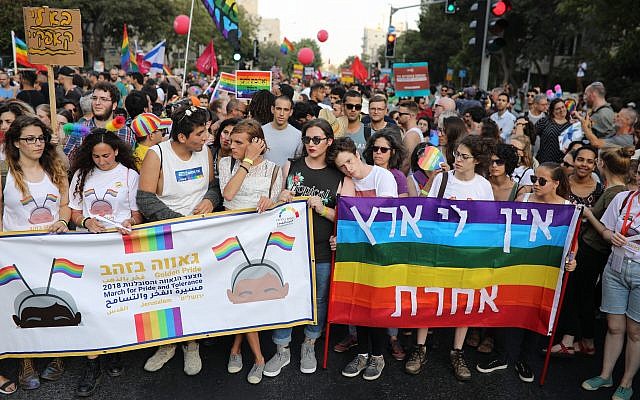 Despite the heavy police presence, the crowd of mostly young Israelis
appeared relaxed and upbeat before the start of the parade. Participants sported rainbow stickers, flags, and signs with slogans
such as “Born this way,” “There is love in me, and it wins,” and “Love
your neighbor as yourself.”
Despite the heavy police presence, the crowd of mostly young Israelis
appeared relaxed and upbeat before the start of the parade. Participants sported rainbow stickers, flags, and signs with slogans
such as “Born this way,” “There is love in me, and it wins,” and “Love
your neighbor as yourself.”
Teenagers donned colorful face paint and older marchers draped pride flags over their shoulders as opening speakers encouraged them to celebrate their identity — and to drink plenty of water as they stood in the hot sun.
The crowd was also peppered with people wearing kippot provided by religious LGBT activists — one of the more unique aspects of the pride parade in Jerusalem.
Not everyone was happy with the march. A small counterprotest led by Orthodox rabbis at Liberty Bell Park demanded a “normal country.”
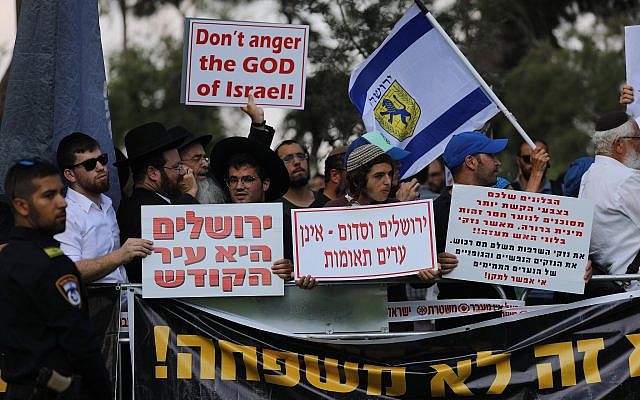
The signs read, “Jerusalem is the holy city,” and “Jerusalem and Sodom are not twin cities.” (Yonatan Sindel/Flash90)
Earlier this week, Bentzi Gopstein, head of the extremist Lehava organization, branded members of the LGBT community “terrorists” in an online video, and urged members of his extremist group to attend the protest under the banner “Jerusalem is not Sodom.”
Lehava activists claimed police officers “disguised themselves as gays” in order to infiltrate their protest and detain one of their members. A police spokesman denied the claim.
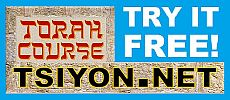
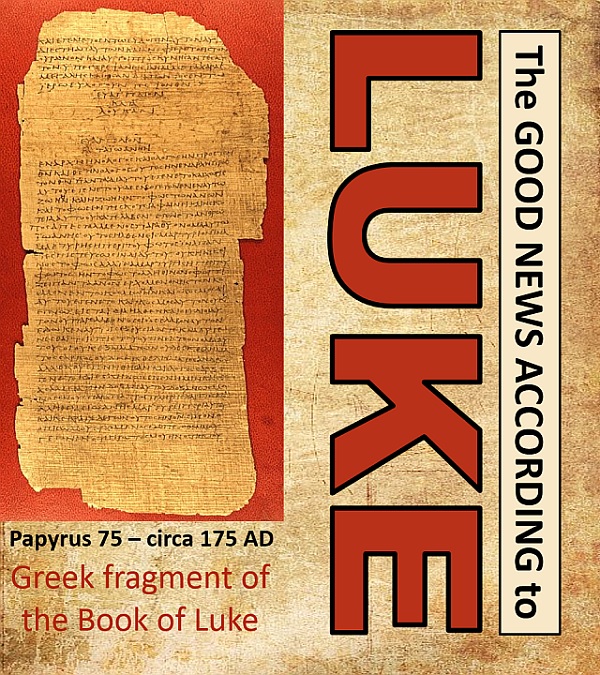

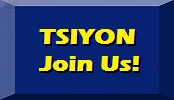
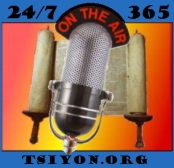
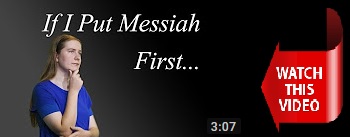
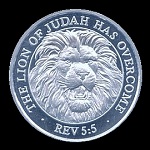
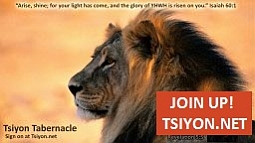
 Doctor
Luke, and the Good News he was writing about, came into the world just when
needed the most. Good news is always best when contrasted with bad news, and
there was plenty of bad news in the first century. Rome was bad news
everywhere!
Doctor
Luke, and the Good News he was writing about, came into the world just when
needed the most. Good news is always best when contrasted with bad news, and
there was plenty of bad news in the first century. Rome was bad news
everywhere!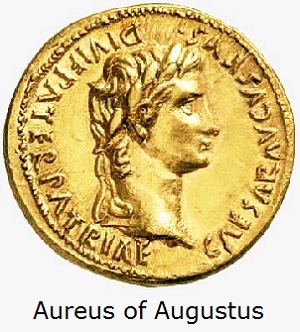 The
ascension of Augustus as Caesar of Rome in 27 BC marked the end of the Roman
Republic and the start of the Roman Empire. Imperial Rome became the largest
city in the world thereafter, with a population of up to 90,000,000! That's
right, 90 million people in one ancient city! All manor of debauchery was
encouraged and exploited there, and exported from there to everywhere else.
This is the Rome that dominated the first century.
The
ascension of Augustus as Caesar of Rome in 27 BC marked the end of the Roman
Republic and the start of the Roman Empire. Imperial Rome became the largest
city in the world thereafter, with a population of up to 90,000,000! That's
right, 90 million people in one ancient city! All manor of debauchery was
encouraged and exploited there, and exported from there to everywhere else.
This is the Rome that dominated the first century.

